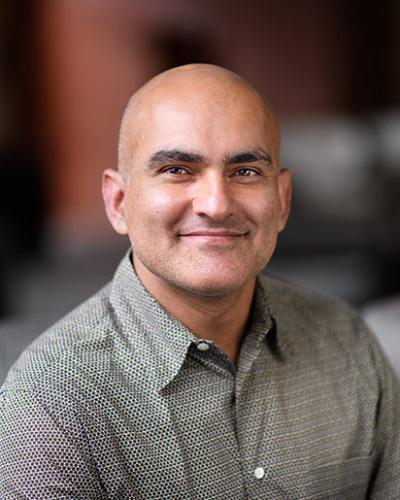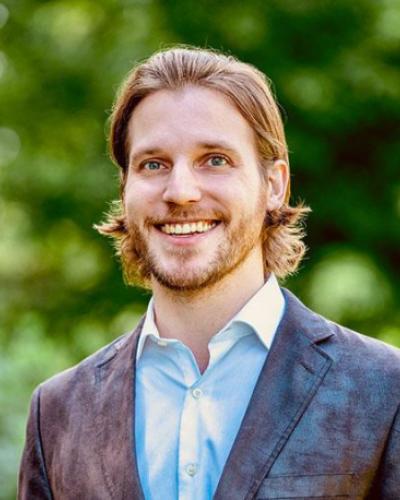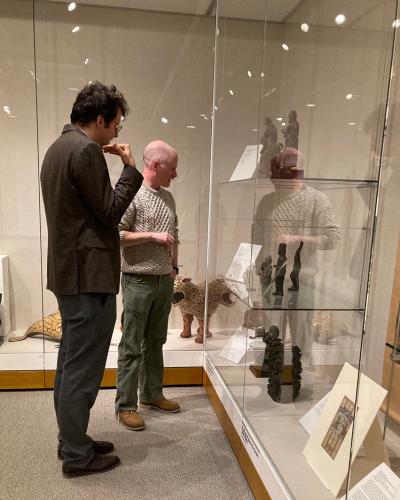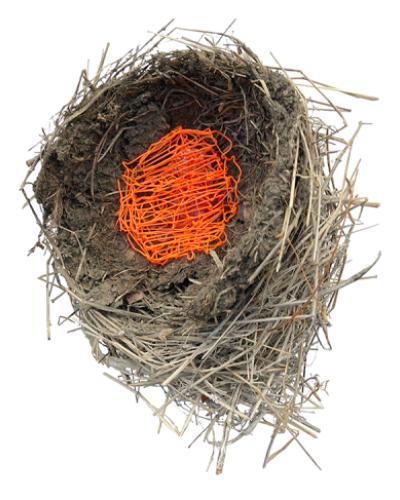Announcing the 2022-23 Fellows at the Society for the Humanities:
Paul Fleming, Taylor Family Director
Fellows
Kevin T. Duong, Politics, University of Virginia
Marx and Freud in Harlem: The Lafargue Clinic and the Economics of Psychiatric Care
Carla Hung, Anthropology, University of North Carolina – Asheville
Trafficking in Hospitality: Misgivings Over Communal Care Amongst Eritrean Refugees
Tamta Khalvashi, Anthropology, Ilia State University
Reparative Spaces: Affects and Affordances of Brokenness in Urban Georgia
Jung Joon Lee, Theory and History of Art and Design, Rhode Island School of Design
Queer World-Making in Asian and Asian American Art: On Reparative Kinships
Susan Stabile, English, Texas A&M
Salvage
Faculty Fellows
Jon Parmenter, History
A Speculative Vision: Cornell University's Origins in Indian Country
Juno Parreñas, Science and Technology Studies & Feminist, Gender, and Sexuality Studies
Triage for a Sick Planet: Reparative Human-Animal-Environmental Relations After Colonial Exploitation
Kelly Presutti, History of Art and Visual Studies
Terroir after the Terror: Landscape and Representation in Nineteenth-Century France
Imane Terhmina, Romance Studies
Bureaucratic Affairs: Violence, Justice, and Reconciliation in African Francophone Literature
Mellon Graduate Fellows
Shirley Le Penne, Government
Repair Between Hope and Despair: On the Incarceration of FLN Offspring in French Prisons
Pascal Schwaighofer, Comparative Literature
Reparative Pollination: Politics of Care in the Age of Disrupted Ecologies
Mellon Postdoctoral Fellows
Eman Ghanayem, Comparative Literature
Nations without Nationalisms: On Palestinian and American Indian Literary Imaginations
Bamba Ndiaye, Music
Black Social Movements in the Age of Digital Technology
Julia Jong Haines, Anthropology
Intimate Spaces and Plantation Landscapes in 19th-Century Mauritius
Leonardo Velloso-Lyons, Romance Studies
Inventing the Hinterlands: Africa and Africans in the Early Modern Ibero-Atlantic
Humanities Scholars Program Postdoctoral Associates
Marty Cain, Literatures in English
Krithika Vachali, Literatures in English
2022-23 Focal Theme: Repair
When ruptures, fissures, and breaks can no longer be ignored, it’s time for repair. Repair calls to mind practices of care, craft, and conservation as well as the exigencies of restoration and reparation. Repair invites reflection on how things fall apart and thus on how objects, relations, and histories are made, as well as how they can be re-made, made differently.
In our quotidian visits to cobblers and mechanics we engage in repair, while culturally, repair shapes our archives, museums, and collective histories. Any scholar faced with a fragment confronts the aesthetics of repair: toggling between what remains and what is frayed so as to induce or imagine a ‘whole’. Corrupt traditions or canons entice us to revise and reframe. “Reparative reading” (Sedgwick) forsakes suspicion in the name of solidarity and generosity. At the same time, acts of reconstructing and mending promise restoration while also threatening erasure.
In this way, the question of who decides on the work of repair – not only its ‘how’ but its ‘why’ – becomes critical. The domain of repair is as global and vast as damage and hurt. From reparations that seek to address the ongoing violence of colonialism and slavery to environmental restoration in the face of extractive economies, repair is essential, even an act of resistance. The transformative possibility embedded in the theme of repair is, however, also a potentially coercive space, implying a solution when none exists or is appropriate. Are some things irreparable? When repair fails our futures, we welcome its critique and reimagining.
Image: Richelle Gribble, Nest, 2018, courtesy of JONATHAN FERRARA GALLERY, New Orleans.





